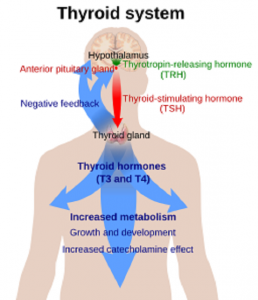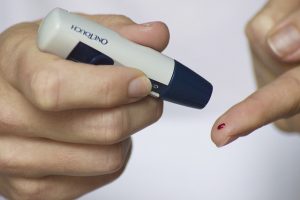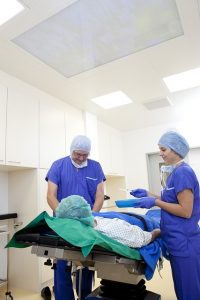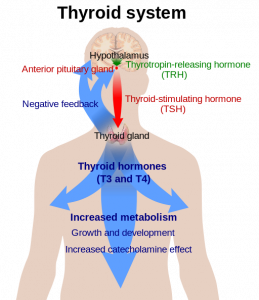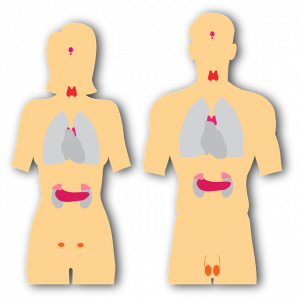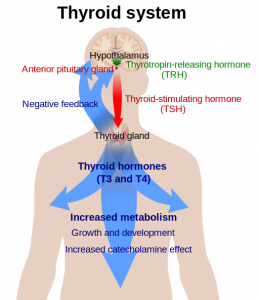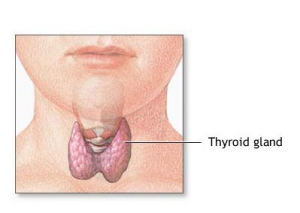Data from a 2025 KiSel-10 sub-study analysis suggest that serum CD5L levels may be an additional biomarker for improved thyroid function. Serum CD5L levels may also be a suitable biomarker for adequate selenium status and for reduced mortality risk.
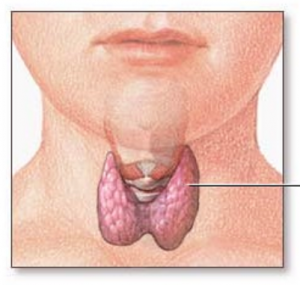
Combined supplementation of elderly citizens with selenium and Coenzyme Q10 for 48 months significantly increased the level of circulating CD5L. The supplementation was associated with improved health-related quality of life and improved survival odds. Meanwhile, in the study’s placebo group, significantly higher cardiovascular mortality within 10 years was associated with low levels of circulating CD5L. The combined selenium and Coenzyme Q10 supplementation reduced the mortality risk. The active treatment in the KiSel-10 clinical trial was 200 mcg of selenium from selenium-enriched yeast and two times 100 mg of ubiquinone Coenzyme Q10 daily [Alehagen 2025].

